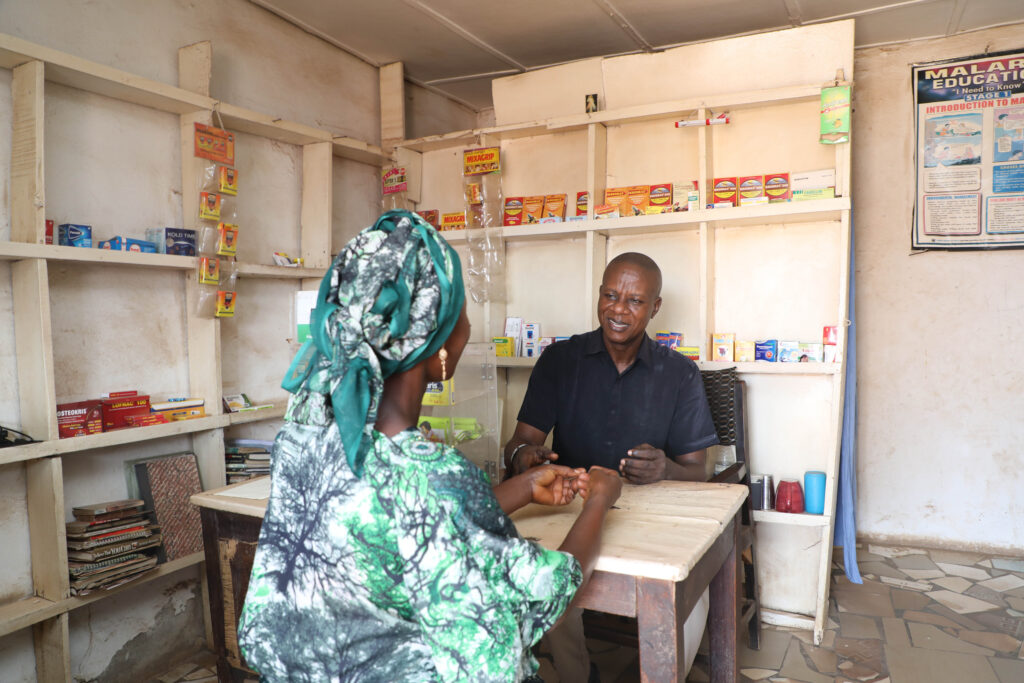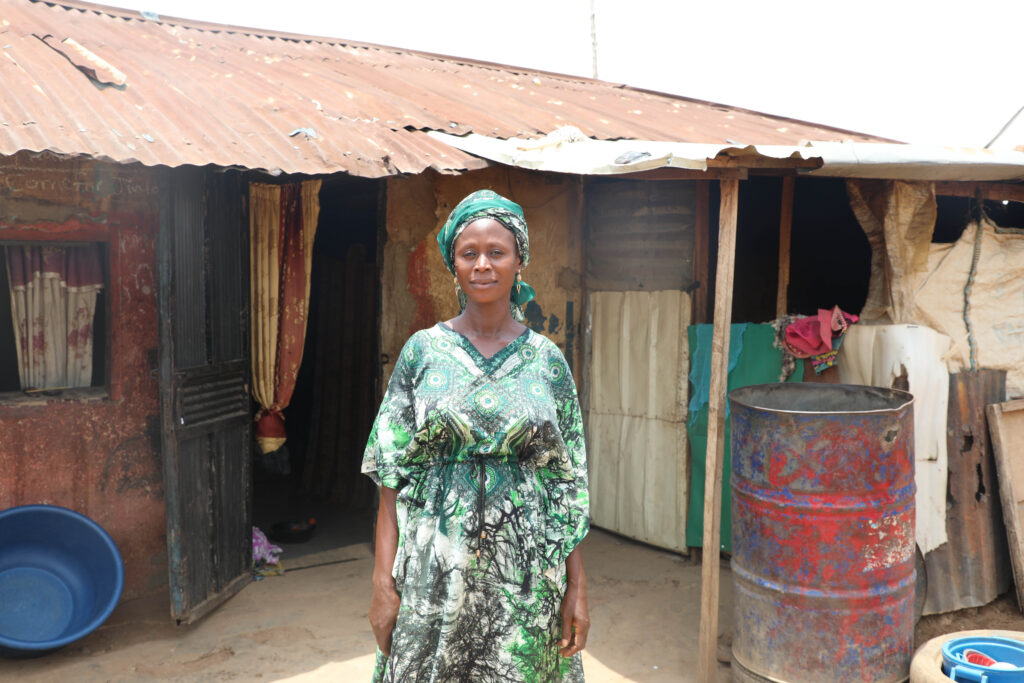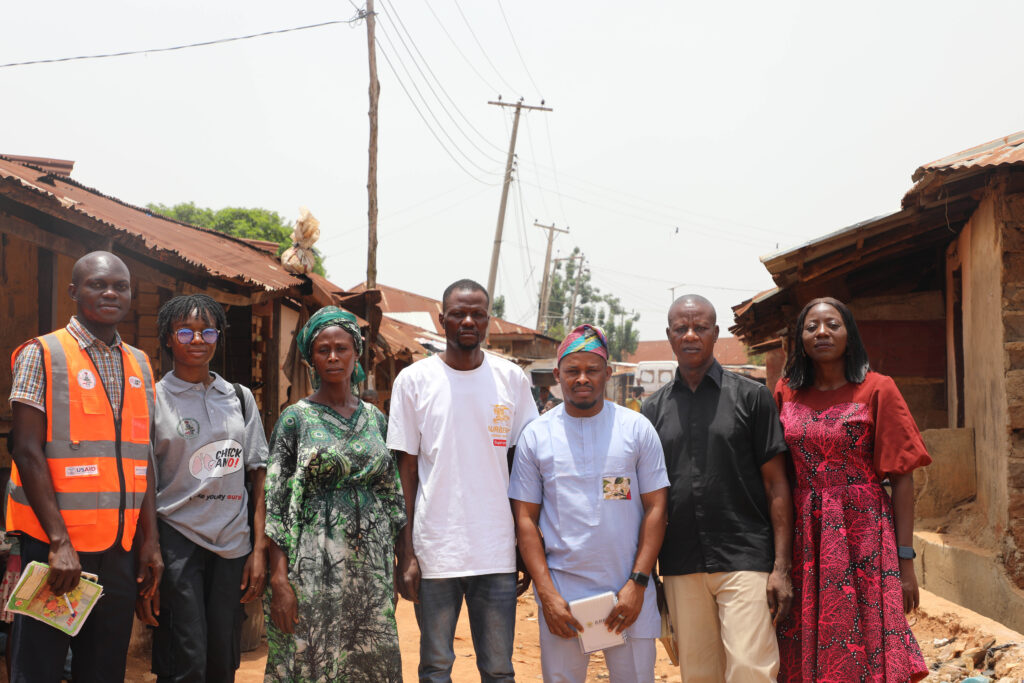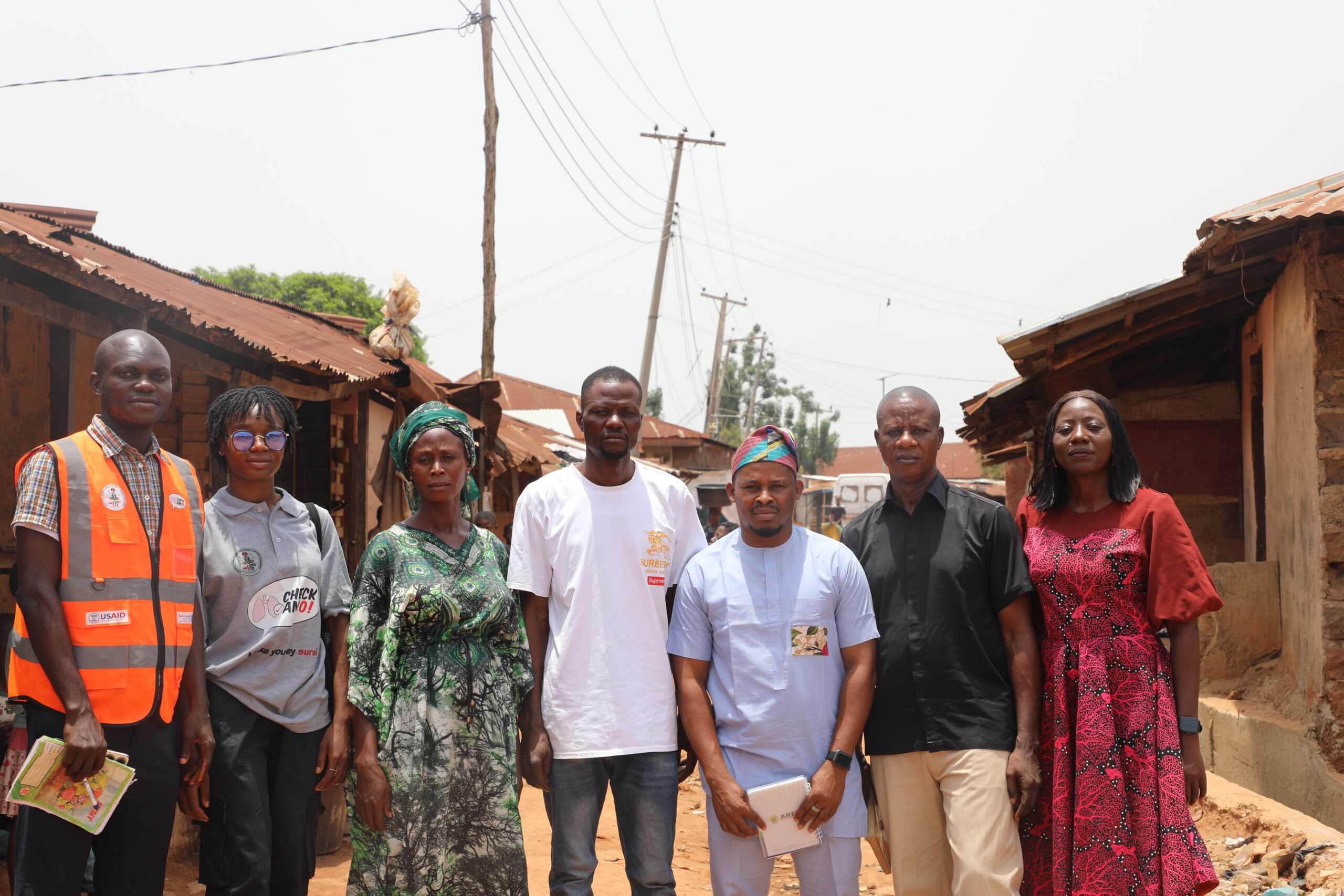According to World Health Organization (WHO) Global TB Report 2024, Nigeria is among the eight countries that account for two-thirds of the global tuberculosis burden with an estimated 467,000 new tuberculosis cases in 2023.
These figures go beyond statistics, they represent the lives of many Nigerians who are infected with tuberculosis though the disease is curable and treatment is free.
Tuberculosis Survivor, Mrs. Comfort Nahum-Galadima, a mother of three and a resident of Jiwa community in the Federal Capital Territory, Abuja says that many misconceptions cause tuberculosis to thrive in communities.
When Comfort became ill in May, 2024 with unexplained weight loss, constant fever, cough and drenching night sweats, she assumed that it was malaria and typhoid.
“I hardly slept at night, I would cough continuously till my ribs ache. I started losing weight. At first, I went to the chemists in my community and they gave me some medications for cough, malaria and typhoid,” she says.
However, despite spending money on medications worth more than ₦50,000.00 in four months, her condition deteriorated.
“My neighbours were asking me if I wasn’t eating well, some thought that I was pregnant because of the loss of weight. I became a bag of bones. I did not know what was wrong with me. I even lost my voice. I could barely speak audibly. Some others thought it was HIV, pneumonia or assumed that I was a victim of witchcraft. My children were praying for me. They used to say, ‘Mummy you would not die.’ It looked hopeless. I could barely walk or do any house chores. My husband and children started doing the work at home and I could not go to work anymore,” she explains.
In October 2024, a Patent Medicine Vendor in her community, Mr Okafor Idoko, whom they call “doctor” flagged her symptoms as presumptive tuberculosis. Mr. Idoko had been engaged as one of the private providers supported with funding from the Global Fund Nigeria Tuberculosis HIV Reach, Integration and Impact Project (N-THRIP) to identify community members with presumptive tuberculosis and link them up for screening, diagnosis and treatment of tuberculosis.
After her sputum was collected, Mrs. Nahum Galadima was connected with a community worker and Linkage Coordinator, Mr. Samson Temitope who works with the GF NTHRIP project under project sub-recipient, Association for Reproductive and Family Health (ARFH).
The Linkage Coordinator ensured that her sputum was taken to a laboratory for diagnosis and that she also went for an X-ray at the National Institute for Pharmaceutical Research and Development (NIPRD), a Directly Observed Treatment (DOT) center close to her community.
Comfort began treatment immediately she was diagnosed with tuberculosis.
“I received treatment from October 2024 to March 2025. Throughout that period, Samson followed up with me to make sure that I take my drugs as prescribed and that I am doing well. I had my drug refills from NIPRD in batches, not all at once and went with him for follow-up visits in the hospital,” she says.
Comfort’s family were also screened and given Tuberculosis Prevention Therapy (TPT) to prevent the spread of the disease to her family members.
“I received all these services for free and I enjoyed the support of my family members. They made sure that I got the needed rest. I was also taken to my family house in Minna, Niger State, to recover fully. The doctor had advised me to take a lot of protein in my diet and my mother and other family members provided this for me,” she says.
Both Mrs Nahum-Galadima and her husband are primary school teachers and say that they would not have afforded tuberculosis diagnosis and treatment with their meagre resources.
“We are grateful to everyone who has made treatment possible. When my wife was sick, it was a challenging time for the family. I had to take over all the house chores, school preparation of the children and school runs before going to work. I like to advise those who have tuberculosis to adhere to their medications and the guidance of health care workers,” Mr. Nahum says.
Comfort is now an advocate for tuberculosis in her community. She encourages people with persistent cough to get screened and she speaks in her church, with friends and with neighbours about tuberculosis.
“Some people find it hard to accept that tuberculosis is a disease that should be treated. They think that it is a spiritual attack. I tell them that while praying, they can get treatment too.”
The Institute of Human Virology Nigeria (IHVN) is the Principal Recipient of the Global Fund Integrated TB and HIV grant and works with the National Tuberculosis, Leprosy and Buruli Ulcer Control Programme (NTBLCP) and sub-recipients across 36 states and the FCT to adapt innovative services to find and treat tuberculosis.
In the Federal Capital Territory, IHVN partners with ARFH to conduct door to door visits and community outreaches in settlements, schools and motor parks. A portable Xray machine is also utilized to identify infections that may not be easily noticed with a sputum test.
ARFH State Technical Assistant, Dr. Uche Ekwugha says that in the FCT, 175 patent medicine vendors, community pharmacies, traditional birth attendants, stand-alone laboratories and faith-based organizations have been engaged to support screening and diagnosis in communities.
“These centers are linked to 95 DOT centers spread across the FCT,” he adds.
IHVN Senior Program Manager, Dr. Temitope Adetiba highlights that under the Global Fund–N-THRIP project (2024–2026), IHVN-supported facilities tested over 3.5 million individuals in 2024, resulting in the detection and notification of more than 350,000 tuberculosis cases across Nigeria.
“Given that over 60% of Nigerians initially seek healthcare through the private sector, IHVN has prioritized a robust Public-Private Mix (PPM) strategy to leverage the reach of private healthcare providers in TB detection and treatment,” he explains. “This strategy includes the engagement of Patent and Proprietary Medicine Vendors (PPMVs), with over 15,000 vendors and Traditional Birth Attendants and Healers mentored and linked to TB diagnostic and treatment facilities nationwide.”
Dr. Adetiba emphasizes that collaboration with private health providers and community-based organizations is a game-changer in expanding access to quality-assured TB and HIV services, particularly for vulnerable and underserved populations. He further notes that strengthening these partnerships has proven instrumental in reducing stigma and discrimination within communities.




